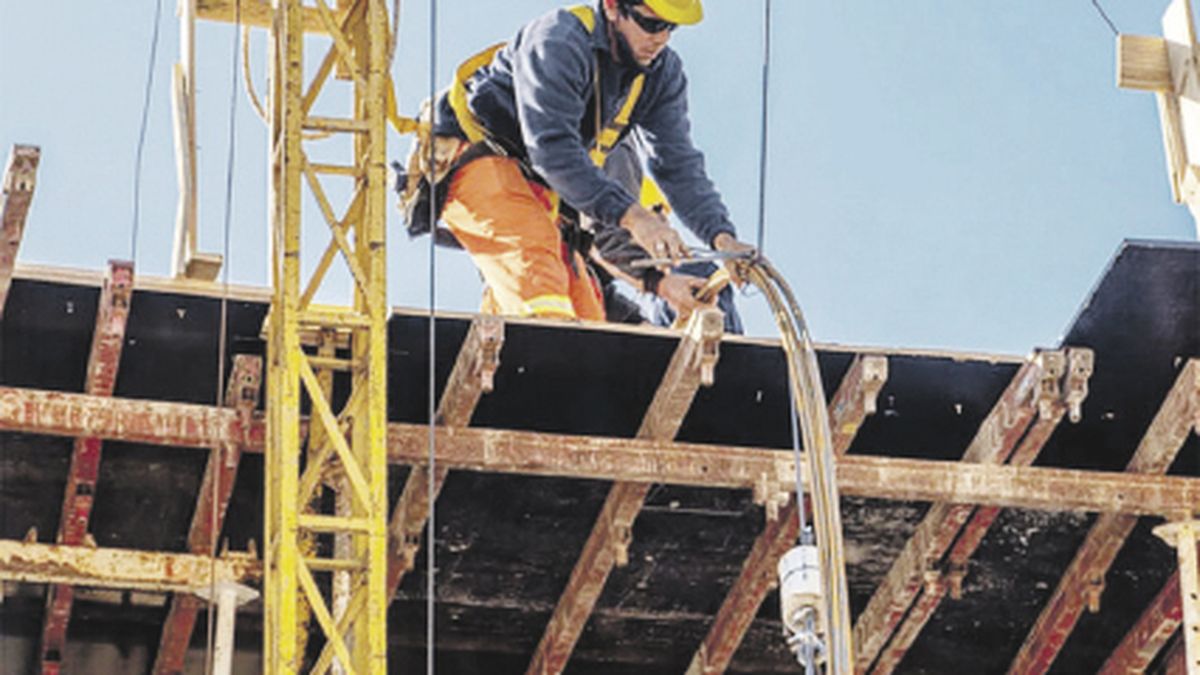30 relatives of disabled children and adolescents (up to the end of the tenth year of school) in care levels 5 to 7 receive basic training, from September 1 a year-long term of employment and thus the social security protection, reported the state social security officer Birgit Gerstorfer (SP) in a press release on Monday.
The pilot project sees itself as a supplement to the existing offers and can be expanded to other target groups in further steps. The project aims to prevent the negative consequences of unpaid care work, primarily performed by women, such as poverty in old age or dependence on one’s spouse. “With the pilot project for the employment of caring relatives, we are setting another important milestone in terms of care,” said Gerstorfer.
As part of this employment relationship, care services of 25 to 30 hours per week are provided on the basis of an individually created care plan. Skilled workers guide and accompany the caring relatives who – parallel to their employment – have to complete the training for everyday support.
According to the social economy collective agreement, you will be paid in employment group 4, which means a gross salary of EUR 1,965.70 or more, depending on the previous experience. As a financial contribution to the care, 50 percent of the care allowance is collected. The project, which will initially run for 13 months and have an estimated total cost of around 857,000 euros, will be scientifically monitored and evaluated.
Upper Austria was based on the model of Burgenland, where caregiving relatives have been employed since autumn 2019. For Vienna, City Councilor for Health Peter Hacker (SP) announced that he wanted to create something similar.
“Clarify outstanding starting conditions”
The above VP had requested three adaptations in order to support the model. These are clear admission criteria, the clarification of open labor law issues and an evaluation in which the consequences are sounded out and new forms of care are considered. Gerstorfer had to “clarify the outstanding starting conditions for the employment model in the handicapped sector”, emphasized state managing director Wolfgang Hattmannsdorfer in a press release. The VP remained skeptical about the application of the model in care for the elderly.
The FP basically supports measures to better support caregiving relatives, said club chairman Herwig Mahr in a press release. However, a project can only be a small piece of the puzzle. “We will follow the development with hawk eyes and will not mince words. We expect a timely and honest evaluation in order to be able to work out the best solutions for care at home.”




